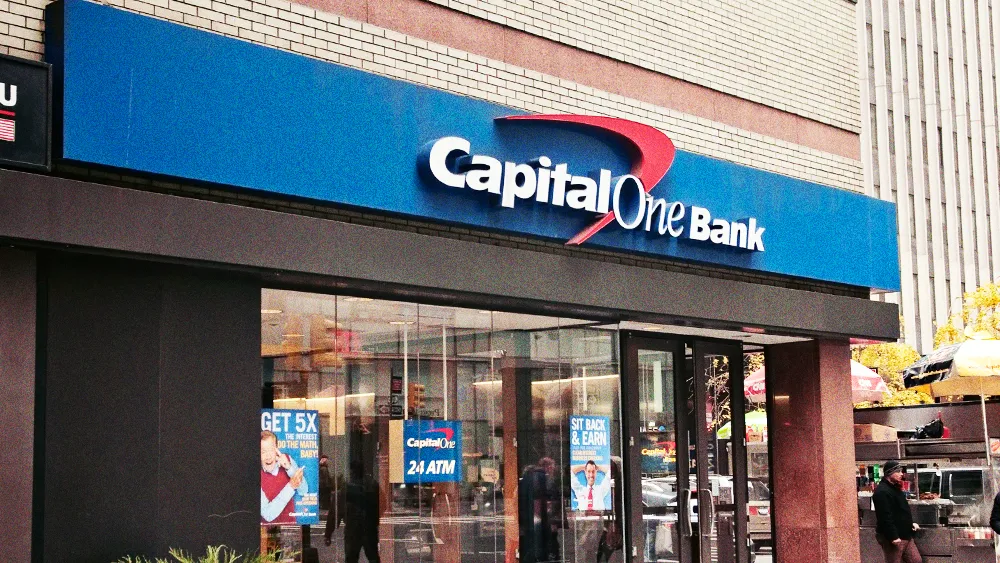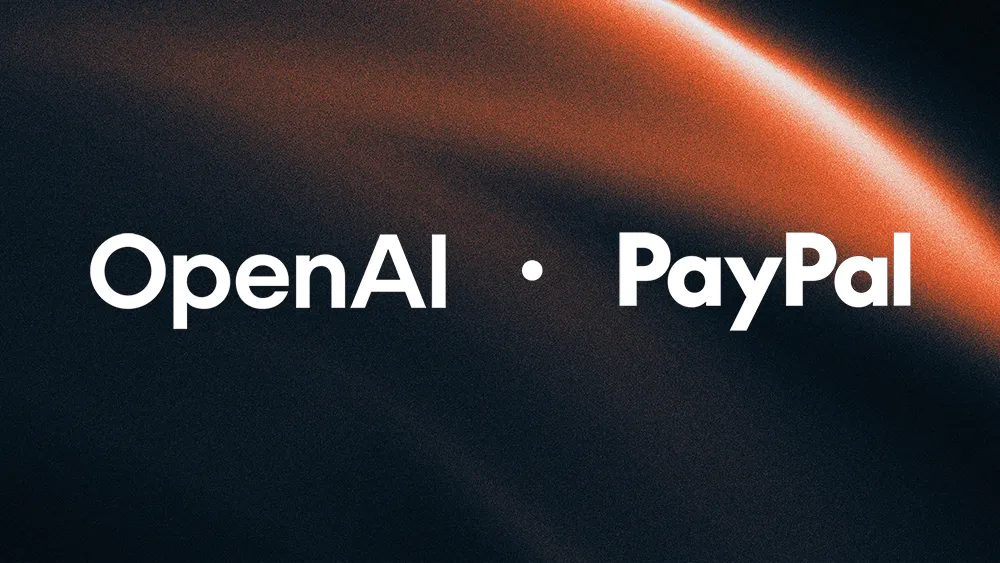
All articles
UK's Open Banking Bet Pays Off, Hitting 15 Million Users
Open banking in the UK reaches over 15 million users, marking a significant milestone in its mainstream adoption.

Key Points
Open banking in the UK reaches over 15 million users, marking a significant milestone in its mainstream adoption.
The user base has grown by 34% in the past year, with over 2 billion open banking transactions in July alone.
Payments, particularly Variable Recurring Payments, drive the surge, with transaction values nearing £30 million in July.
The UK's regulatory-driven approach contrasts with the US's fragmented, market-led strategy.
The UK plans to establish a new standards body, the "Future Entity," to guide the next phase of open finance.
Open banking in the UK has officially gone mainstream, with new figures from Open Banking Limited (OBL) showing that over 15 million people and businesses were using the technology as of July. The rapid adoption, now reaching nearly one in three British adults, shows the success of the UK's regulatory-driven approach.
By the numbers: The user base has jumped 34% in the last year, with open banking services being used more than 2 billion times in July alone. The growth highlights a clear demand for more transparent and integrated financial tools, moving the technology from a niche fintech experiment to a core part of the financial ecosystem.
The payment engine: Payments are the primary force fueling the surge in adoption, with the total value of transactions hitting nearly £30 million in July, an increase of nearly 9% from the previous month. Innovations like Variable Recurring Payments (VRPs), which offer more control than traditional direct debits, are now being used for everything from paying taxes to ordering from retailers like Just Eat and Tesco.
Two different playbooks: The UK’s top-down strategy is a world away from the approach in the United States, where, as PYMNTS reports, the effort has been market-led and fragmented. The U.S. landscape is instead defined by voluntary partnerships and the widespread use of 'screen scraping,' a less secure practice that the UK’s API-based model was designed to replace.
While the US grapples with its framework, the UK is already planning its next move by establishing a new standards body, the "Future Entity," to succeed OBL and write the rulebook for the next act of open finance.
Also on our radar: Meanwhile, the global conversation around open finance continues to evolve. In the US, the open banking model faces a potential new threat as regulators weigh allowing banks to charge for data access. Australia is pioneering a different path by exploring the concept of "reciprocity," which could force tech giants to share data back with banks. And back in the UK, the government is doubling down on its commitment by building open banking directly into its own Gov.uk Pay platform.







